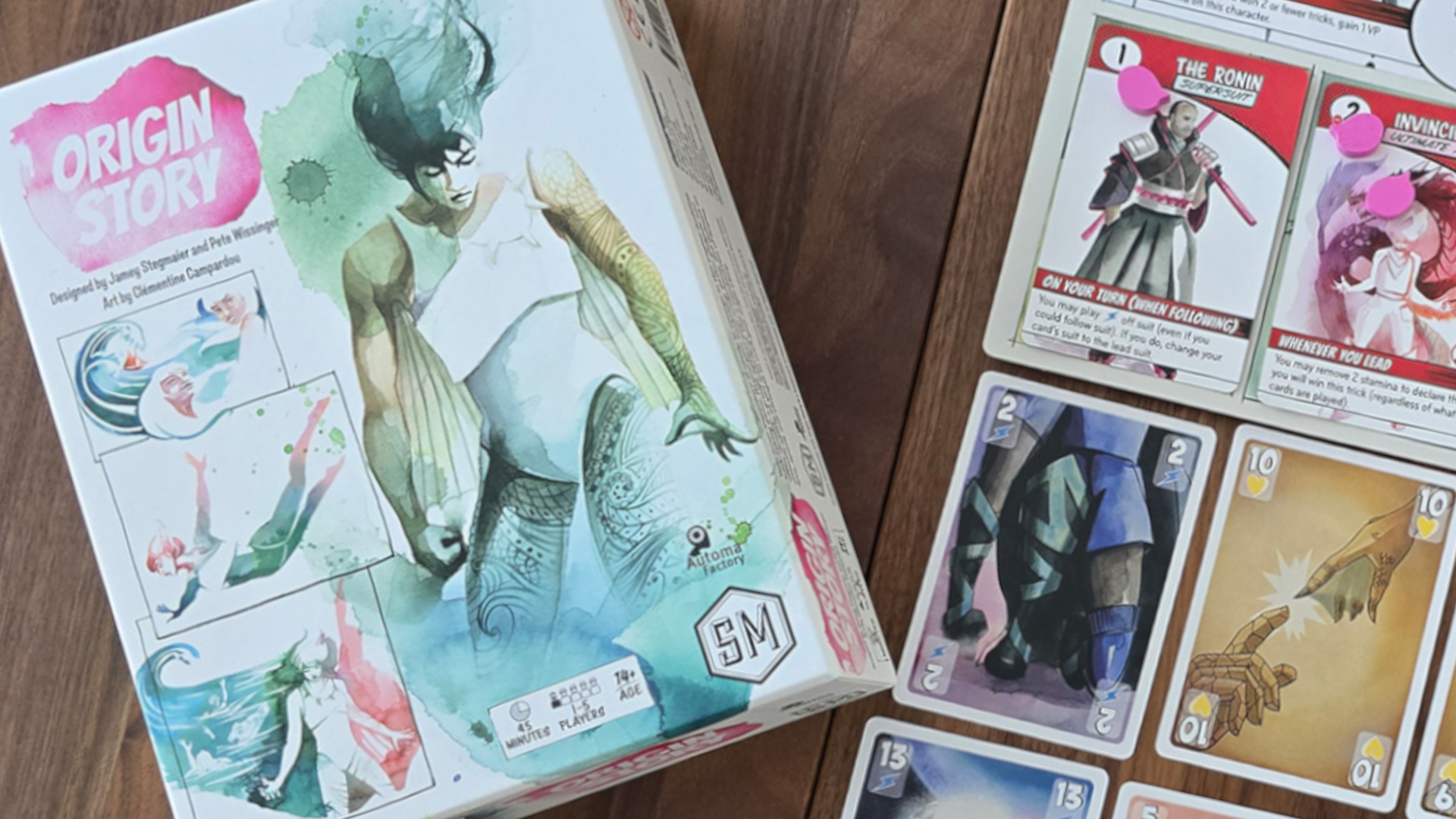Microsoft caved to pressure over $80 games in less than 3 months, but I don't think the fight for sensibly priced games ends here
$80 games simply do not make sense
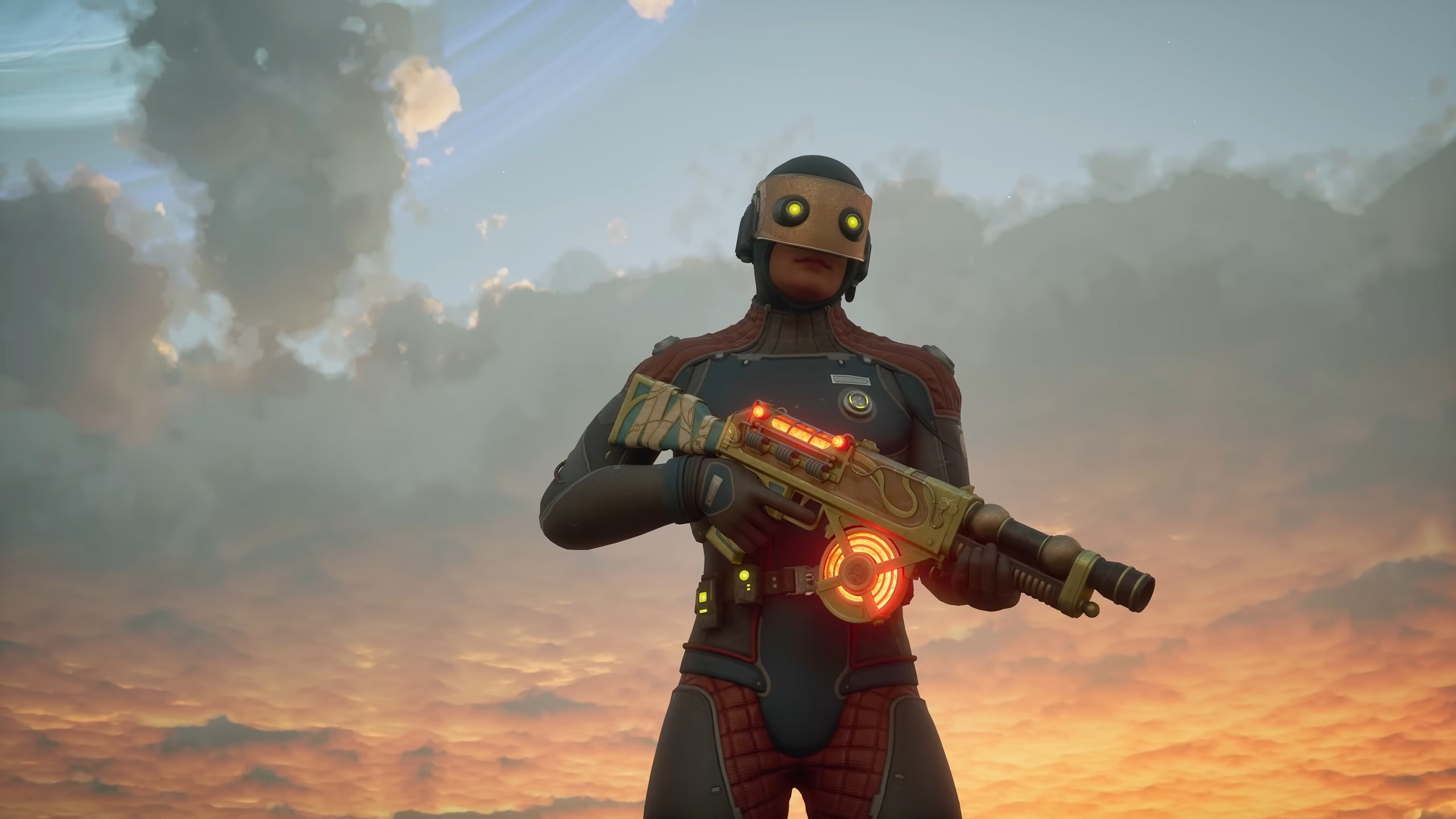
Here in our inflation-saddled little world, it's often said that when prices go up, they rarely come down, but inflated prices have come down quite quickly in the realm of Xbox. Today, Microsoft and developer Obsidian announced that upcoming sci-fi RPG The Outer Worlds 2 is reigning it in, slashing the base price from $80 to $70 as part of Microsoft's new commitment to "keep our full priced holiday releases" to the old standard, instead of bumping "some" first-party games up to $80, as it previously announced in a wider price hike plan.
This is both good and surprising news. I had some naive hope that a publisher would one day reach the finding out stage of all this financial fucking around, but I didn't expect it to come in under three months. But here we are. Xbox is issuing partial refunds for The Outer Worlds 2 pre-orders as it corrects this pricing overreach.
This being Microsoft, one of many (read: basically all) companies inherently and transparently driven by the pursuit of profit at the expense of any amount of joy or, indeed, people, we can rest assured that it's not that Xbox executives woke up today and had a Mr. Scrooge revelation that they'd been acting miserly.
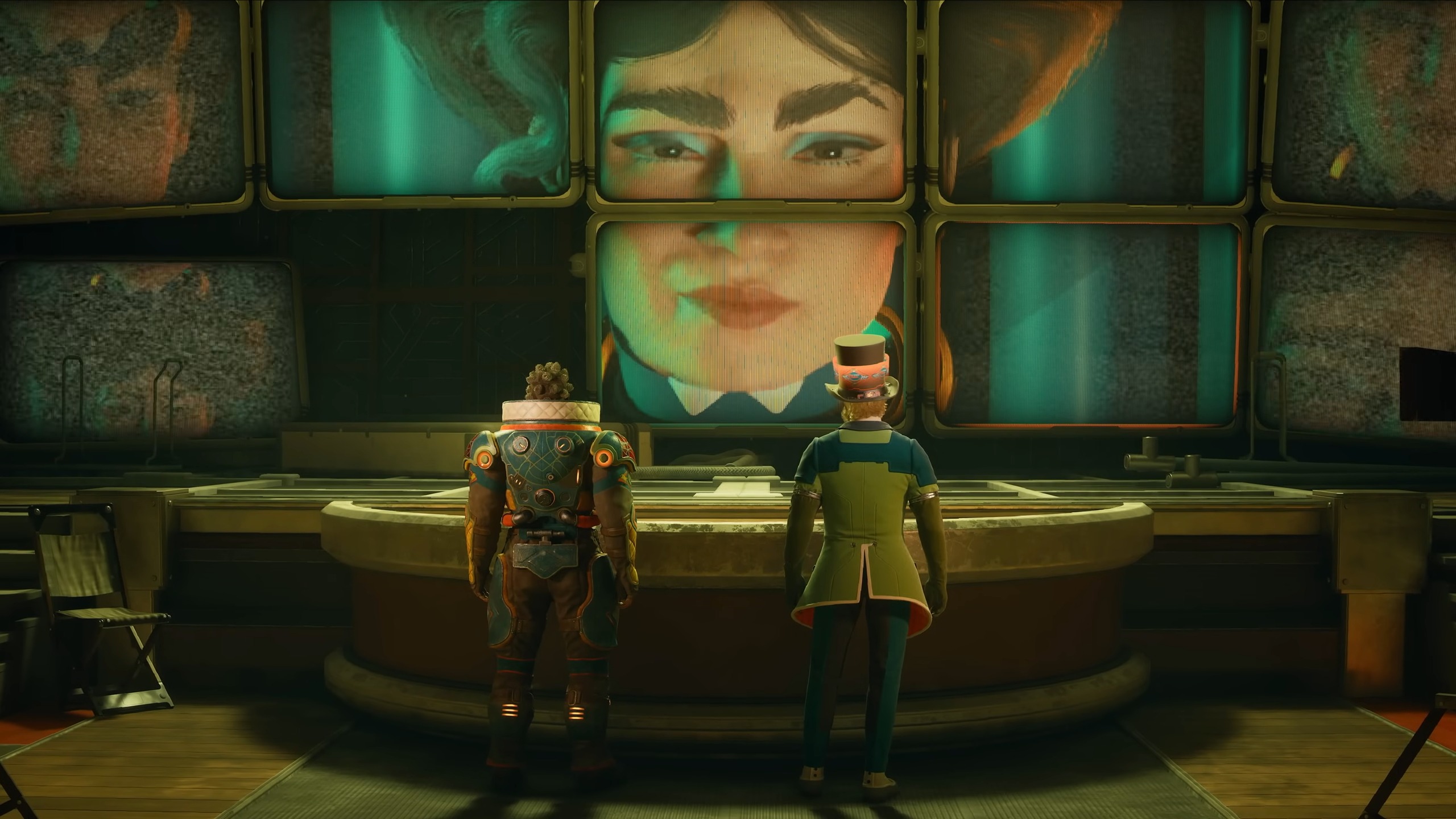
No, this decision was surely backed by money – concerns that The Outer Worlds 2 pre-orders were lower than expected, perhaps, or simply that the blowback around the previous $80 pricing would damage the game's, or Xbox's, reputation and sales.
"We have received your SOS via skip drone about the pricing," Obsidian said in its own post, affirming that said blowback had indeed splattered all over the Xbox windshield. And I do feel for Obsidian here. The Outer Worlds 2 director Brandon Adler said last month that "we don't set the prices for our games" and wished that "everybody could play."
"We're a game developer. We love to make games. We don't set the prices for our games," Adler said. "Like, personally, as a game developer, I wish everybody could play my game, because that's what I want out of this whole thing. But for the reasons and so like, why the $79.99 price point, you'd have to honestly talk to the Xbox folks."
Well, the people talked to the Xbox folks, and the Xbox folks folded like lawn chairs in a hurricane. You love to see it. Next up, let's talk to Nintendo, which started this whole $80 baseline thing with Mario Kart World for the Switch 2. And while we're at it, let's talk everyone else out of $80 games, too.
Weekly digests, tales from the communities you love, and more
Paying for what
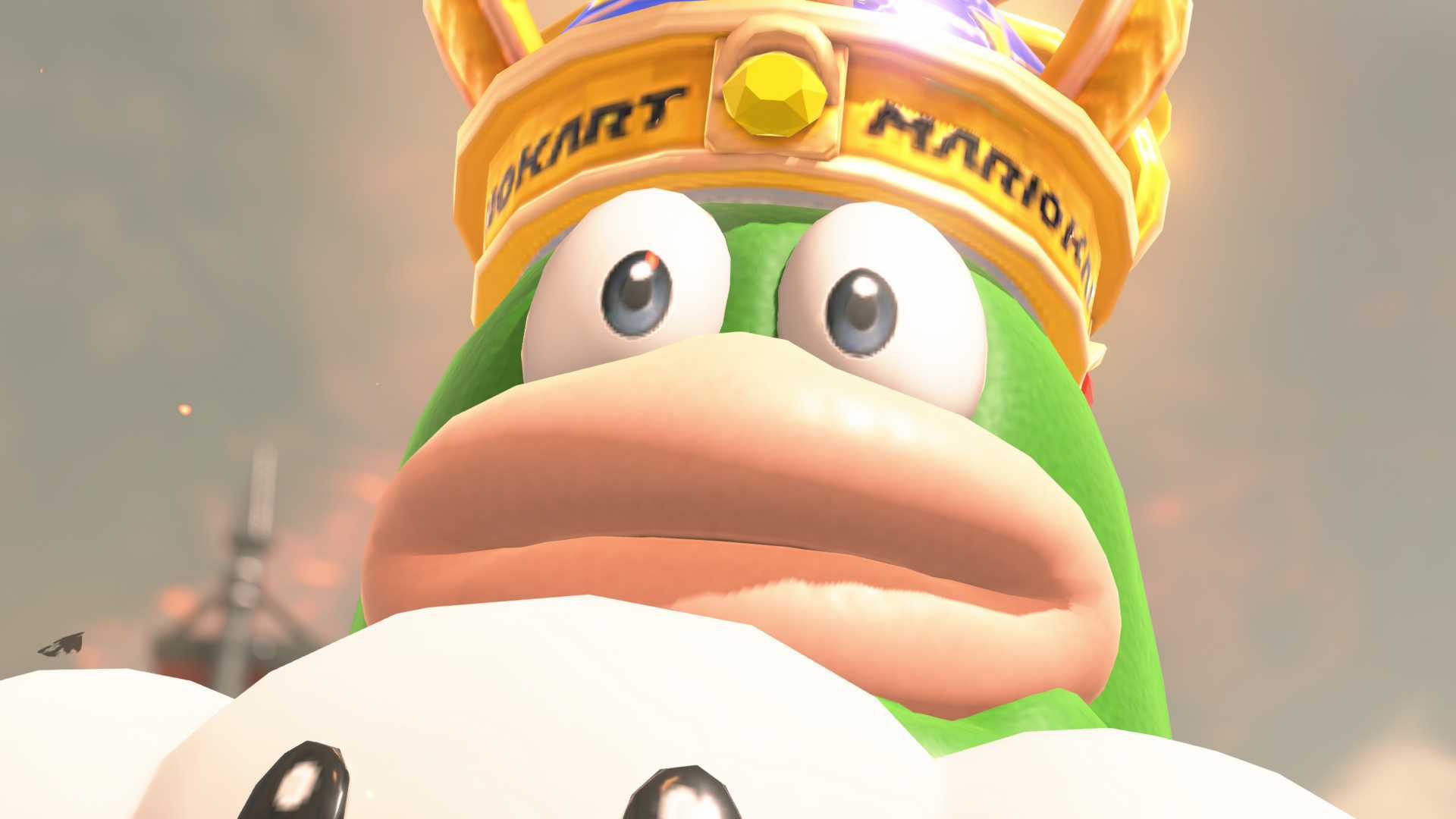
Analyst Mat Piscatella observed that $80 Switch 2 and Xbox games aren't a big surprise, in part, because the average price people actually pay for games, between all those jingly-jangly gold and silver editions, has been "much higher" than $70 for a while anyhow. He's right; it's not a surprise.
But the fact is, this sudden jump to $80, which came not long after $70 became the norm, ultimately came down to companies seeing what they could get away with. Microsoft, it seems, has decided it can't get away with $80 games right now, notably at a time where it has a slim first-party lineup and more bad press than a fox photographed leaving a conspicuously quiet hen house.
We've heard a few arguments in defense of $80 games. The game is just so big and good, Nintendo said of Mario Kart World – "probably the richest Mario Kart experience" you've had, per Nintendo of America VP Bill Trinen. I do want to note here that The Outer Worlds was specifically billed as a not-gigantic RPG. It's one of the main reasons I'm so excited for the sequel. More on that in a minute.
Pricing these games based on bloated development costs wrongly implies that those costs are unavoidable and gamers are just gonna have to cover them
"Games are amazingly affordable," reasoned former PlayStation boss Shuhei Yoshida, arguing that with games like Mario Kart 8, "so many people played hours and hours and hours with just one purchase, or maybe you know some people paid for additional tracks... So it's really up to the game and people have to [judge] which game provides the entertainment that you want." Separately, he blamed AAA production costs for $80 pricing, pointing to games from "tighter teams" like Clair Obscur: Expedition 33 as a way forward.
Games are amazingly affordable. Gaming is my cheapest hobby, and I spend more time on it than anything else. Monster Train 2 is $25 and it's going to extract a bazillion hours of my time. And pricing games according to the experience they provide and the resources that went into them makes sense on some level – though the "hours of fun per dollar" grading system is still nonsense to me – and is common across the industry. Just this week, I've spoken to two devs who opted for lower pricing – not just to keep pace with a competitive market, but also to match the scope and nature of their games.
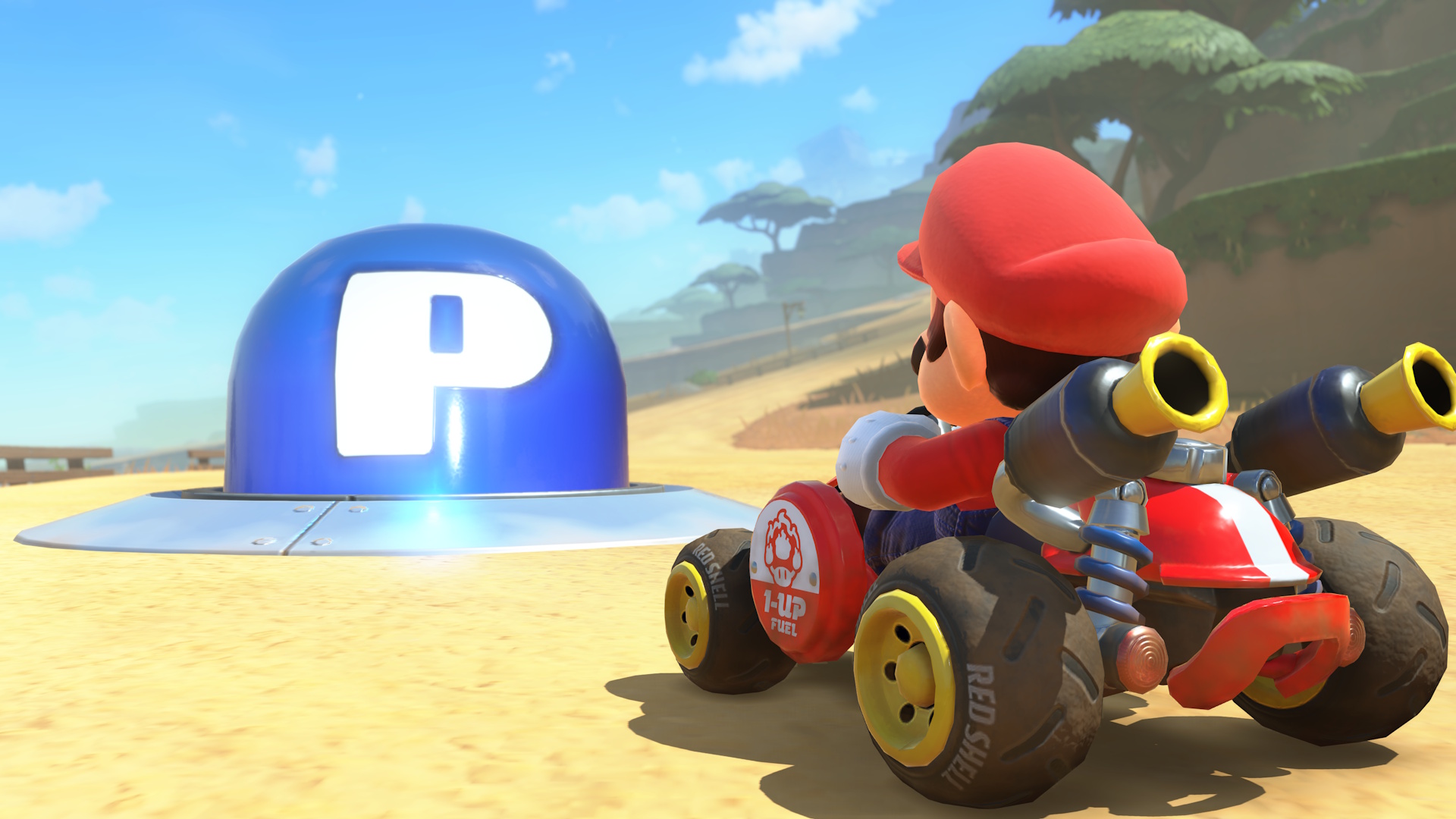
Development costs have gone up, particularly in the AAA sphere, and compared to the earliest console days – not the best pricing reference, because back then a college degree cost two schmeckels and I hear eggs grew on trees – game prices have not gone up commensurately.
Here's the thing. $80 games are not amazingly affordable or at all competitive. Monster Train 2 is $25! Mountains of great, new games are well below $80, and I think people have too many good choices to accept $80 as a baseline.
$80 games are free advertising for sensibly priced competitors, and they just ensure that more games will ripen on wishlists for months before people finally buy in once the price joins us here on Earth, where, if you haven't heard, the cost of living has also gone up a lot recently. And to reiterate, $80 games are not being fairly priced based on how big they are; the argument falls apart under the simplest comparisons to rich, gargantuan games that made sub-$80 pricing work just fine.
More than anything, pricing these games based on bloated development costs wrongly implies that those costs are unavoidable and gamers are just gonna have to cover them if they want games like this. I like big games too, but I don't want games like this!
The GOTY list for – checks notes – every single year shows that a lot of people are interested in tighter games. I love my Elden Rings and my Baldur's Gate 3s – both of which were not $80 and didn't spend forever in development hell – but even those giants can't hold a candle to the wild and expensive gambles that many AAA studios are taking.
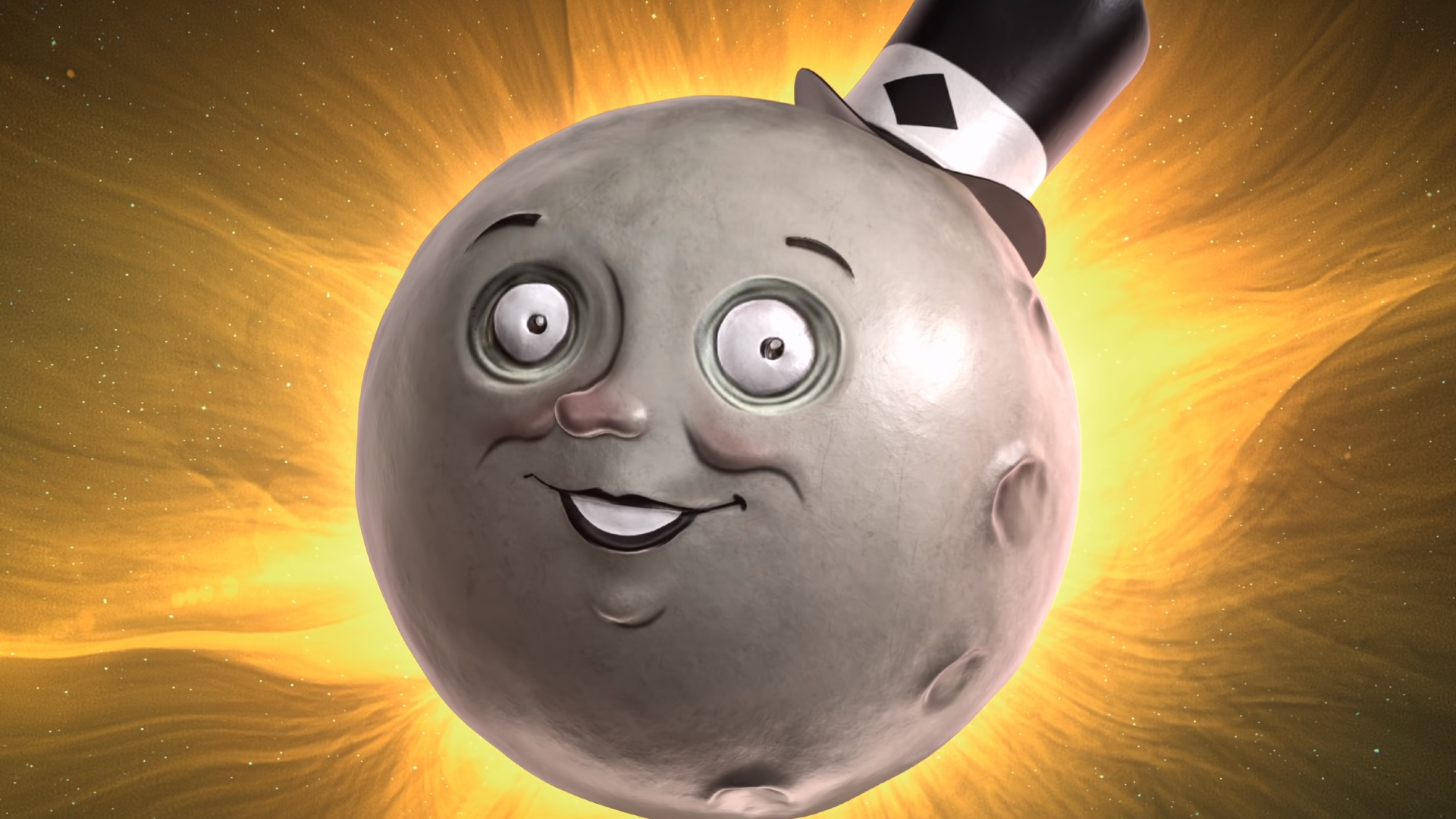
Over-scoping, wasted labor, and mismanagement are responsible for a worrying share of today's AAA development costs, and there is, yet again, an abundance of proof that you don't have to make games that big or that expensive or for that long. Just imagine the severe Executive Brain required to look at out-of-control budgets and decide to just raise the prices to compensate, rather than deduce that things might need to change on the production side, that studios can't keep making these gambles, or that smaller games are by and large healthier and carry enormous upsides like creative freedom and decompression. It's like building a bigger boat around your boat instead of fixing the hole in your boat.
I want devs to get paid, and I know every production environment is different, but I don't think there's a good reason for people to accept $80 as the norm even for the biggest and bestest games. And, as this Xbox U-turn shows, a lot of people have clearly decided they won't. Hold onto that energy, folks, because companies will try this again.

Austin has been a game journalist for 12 years, having freelanced for the likes of PC Gamer, Eurogamer, IGN, Sports Illustrated, and more while finishing his journalism degree. He's been with GamesRadar+ since 2019. They've yet to realize his position is a cover for his career-spanning Destiny column, and he's kept the ruse going with a lot of news and the occasional feature, all while playing as many roguelikes as possible.
You must confirm your public display name before commenting
Please logout and then login again, you will then be prompted to enter your display name.
